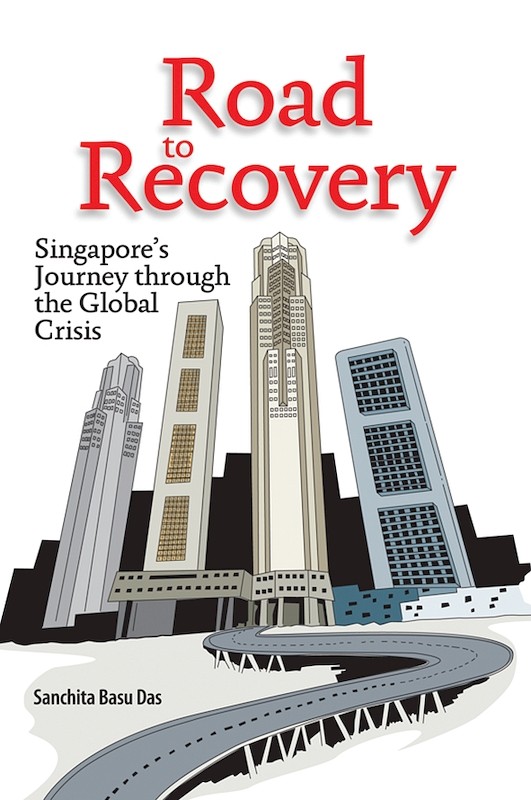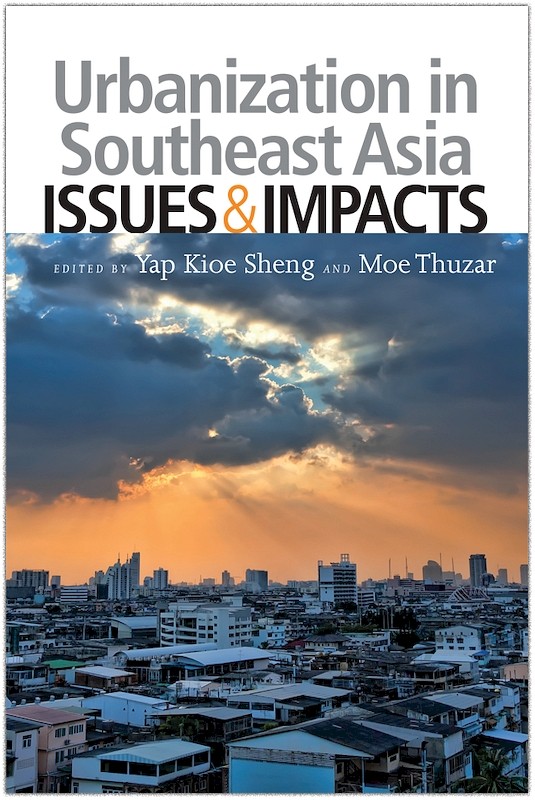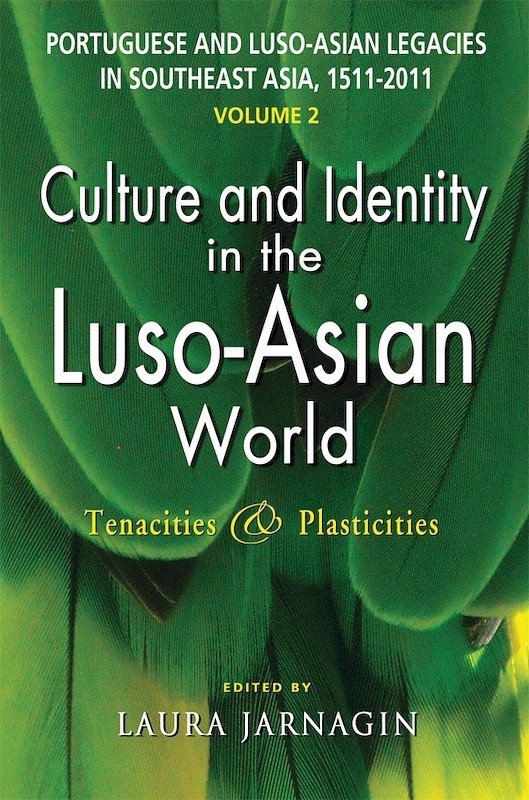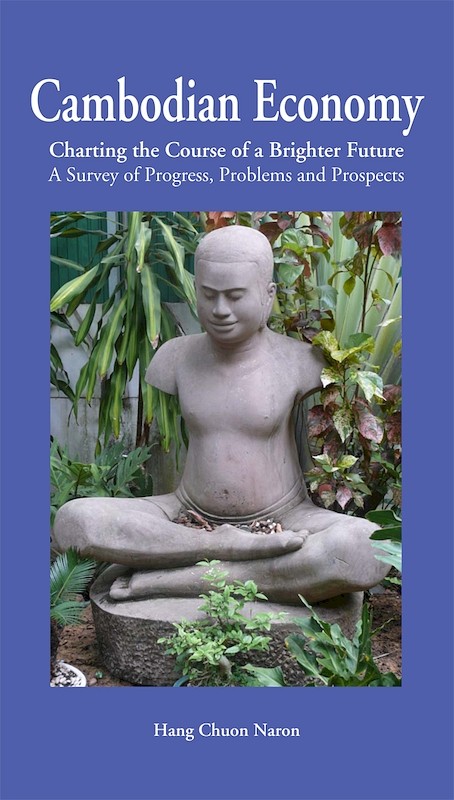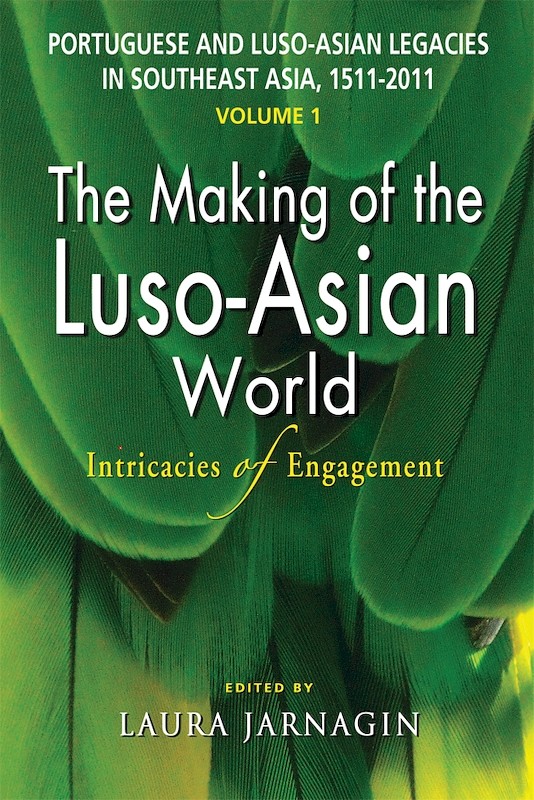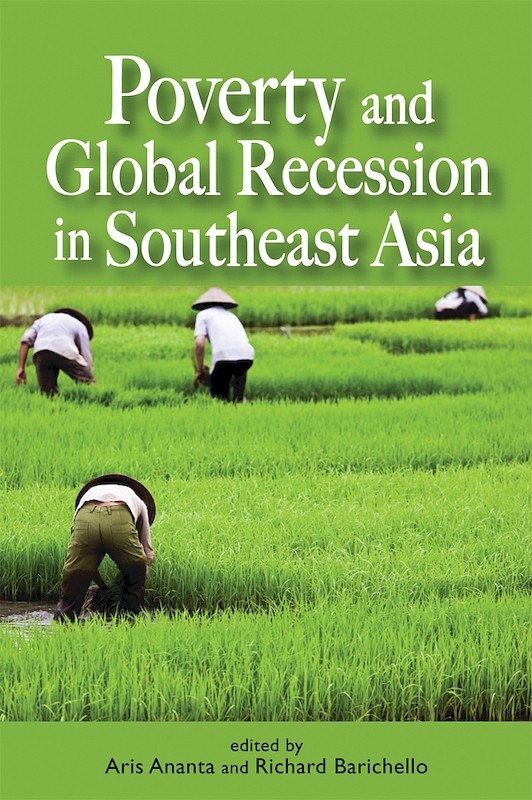The Indonesian Economy: Entering a New Era
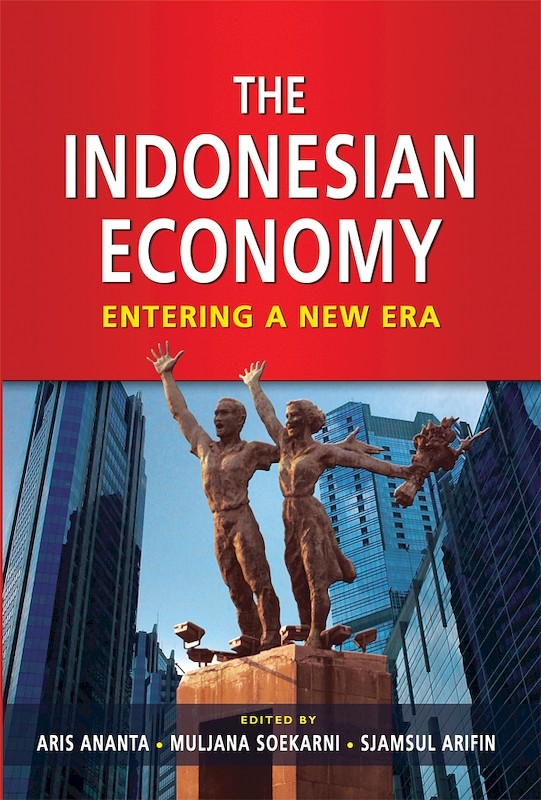
Reviews
About the publication
"Indonesia is one of the few countries that came through the global economic crisis in 2008-09 with positive economic growth. Despite some recorded positive domestic economic performances, Indonesia faces new challenges as its economy keeps growing and the global economy remains uncertain. A new economic development paradigm is needed to overcome old problems (poverty and unemployment, inadequate infrastructure, corruption, a complex regulatory environment, and unequal resource distribution among regions) with global market opportunities. This book provides a new perspective on how Indonesians economic policies should be developed by considering its past and future challenges."
- Firmanzah, Professor of Economics and Dean of Faculty of Economics, University of Indonesia
"Aris Ananta, Muljana Soekarni and Sjamsul Arifin gather excellent researchers and practitioners to discuss important economic policy issues for Indonesia today. They discuss monetary and fiscal policies and real economic sector issues based not only on theoretical analysis but also on their day-to-day experience in economic management. By reviewing Indonesia's economic policy reform and subsequent Asian financial crisis and sub-prime loan crisis, the authors present a new economic development paradigm and explore economic strategy and policies for the new era. The book offers many timely lessons from history, as well as the real policy experiences of the authors, and guides readers in exploring economic policies under the globalized world economy. This book is very useful for both practitioners and researchers."
- Masaaki Komatsu, Professor of Economics, Hiroshima University
Contents
-
The Indonesian Economy: Entering a New Era
[Whole Publication, ISBN: 9789814311663] -
Preliminary pages
- PART I: INTRODUCTION
-
1. Economic Challenges in a New Era, by Aris Ananta, Muljana Soekarni, Sjamsul Arifin, authors
-
2. Government Economic Policies since the Beginning of the New Order Era, by Muljana Soekarni, Ferry Syarifuddin, authors
- PART II: MONETARY AND FISCAL POLICIES
-
3. The Dynamics of Monetary Policy, by Ascarya, author
-
4. The Financial System: Balancing Financial Stability and Economic Growth, by Suhaedi, Pungky P. Wibowo, authors
-
5. Economic Crisis and Fiscal Policy Management, by Silvia Mila Arlini, Yohanes Eko Riyanto, authors
-
6. Understanding the Role of Fiscal Stimulus in Maintaining Economic Resilience, by Haris Munandar , Iskandar Simorangkir, authors
- PART III: DOMESTIC ECONOMY
-
7. Regional Heterogeneity of the Large Market and Production Base, by Evi Nurvidya Arifin, author
-
8. Industrial Relations in the Democratizing Era, by Indrasari Tjandraningsih, author
-
9. Decentralization and Domestic Trade Interdependence, by Siti Astiyah, Salomo P. Matondang, Guruh Suryani Rokhimah, authors
- PART IV: SEARCH FOR NEW PARADIGMS
-
10. Embracing ASEAN Economic Integration 2015: A Quest for an ASEAN Business Cycle from Indonesia's Point of View, by Yati Kurniati, Aida S. Budiman, authors
-
11. Governance and Economic Performance, by Muljana Soekarni, Sjamsul Arifin, authors
-
12. A Search for a World Development Paradigm: With Specific Recommendations for Indonesia, by Aris Ananta, author
-
Index

